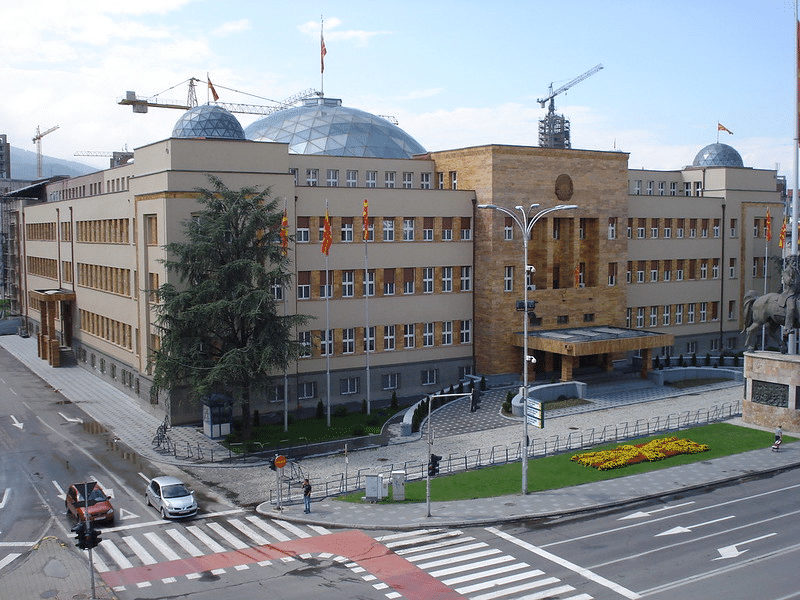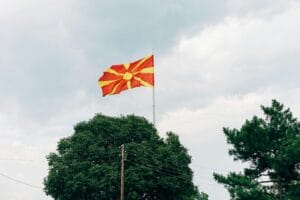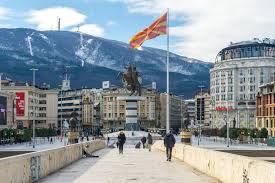Dimitar Kovachevski, leader of the Socialist and Democratic Union (SDSM) has been elected by parliament as North Macedonia’s new Prime Minister on the 16th of January. Kovachevski, a deputy finance minister in the former government, had been elected as the new leader of the SDSM on the 12th of December. President Stevo Pendarovski gave Kovachevski a mandate to form a new government on the 29th of December, after the SDSM announced that it had managed to secure a majority in parliament.
The new coalition consists of Kovacevski’s Socialist and Democratic union and two small ethnic Albanian parties. The new coalition won the January 16th vote in parliament with a small majority of 62 out of the 120 votes in favour. The center-right opposition party VMRO-DPMNE voted against the government coalition, instead demanding early elections to take place to give legitimacy to the government.
Political crisis
The election of Kovachevski ends a two month long political crisis that erupted when former Prime Minister Zoran Zaev announced on the evening of October 31st that he would resign from office, after the SDSM suffered a major loss in North Macedonia’s local elections. Following the loss of the SDSM, The conservative opposition tried to topple the centre-left government with a vote of no-confidence. However, the vote did not gain a majority in parliament. Zaev formally resigned on the 23rd of December and his resignation was ratified by Macedonia’s lawmakers on the 24th. This paved the way for Kovachevski to become the nominee for the next Prime Minister and form a government coalition.
However, while Kovachevski managed to form a new government, political challenges inherited from last year remain. Currently, North Macedonia is dealing with an ongoing health and economic crisis. Another challenge for his new government is the Bulgarian blockade blocking the start of EU accession talks. Kovacevski has stated that his government will focus on economic growth, addressing the country’s energy crisis. He also emphasized that his government would focus on advancing North Macedonia’s bid for European Union membership by intensifying talks with Bulgaria.



